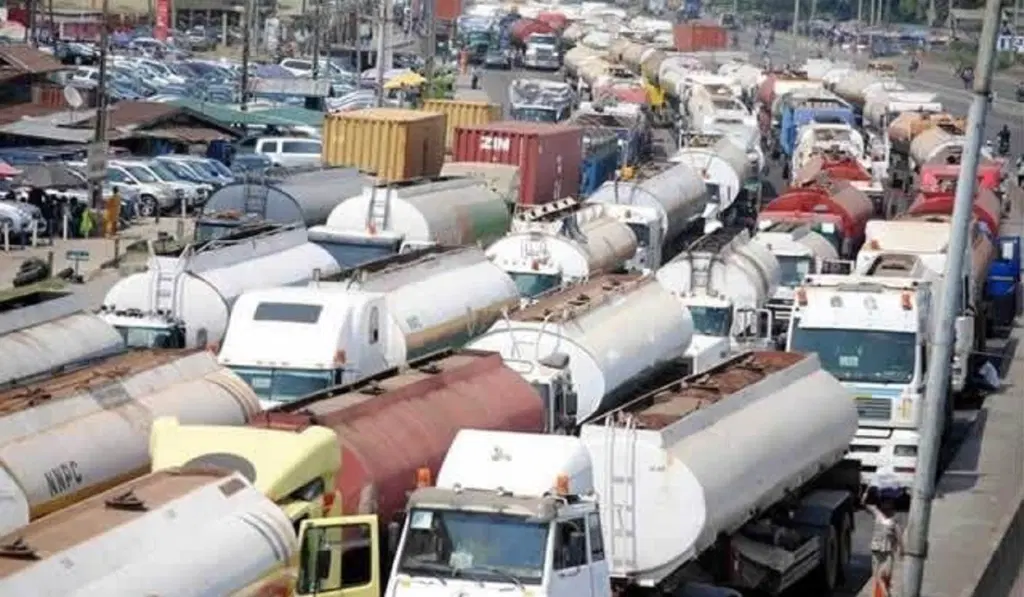
The Federal Government has confirmed that Nigeria’s daily petrol consumption has declined to approximately 50 million litres, with half of this volume being met by domestic refineries and the remainder sourced through importation.
Addressing journalists after a stakeholders’ meeting in Abuja, the Executive Director of Distribution Systems, Storage, and Retailing Infrastructure at the Nigerian Midstream and Downstream Petroleum Regulatory Authority (NMDPRA), Mr. Ogbugo Ukoha, attributed the reduction in consumption to President Bola Tinubu’s removal of fuel subsidies on May 29, 2023.
According to Ukoha, before the subsidy removal, daily petrol consumption averaged around 66 million litres. However, since the policy shift, demand has dropped to around 50 million litres per day. He emphasized that, under the Petroleum Industry Act (PIA), the shortfall in domestic supply is covered by imports to ensure availability and prevent scarcity.
In a related development, the NMDPRA has announced a ban on 60,000-litre capacity tankers from transporting petroleum products, effective March 1, 2025. Despite strong opposition from the National Association of Road Transport Owners (NARTO), which argues that over N300 billion has been invested in acquiring these high-capacity trucks, the regulatory authority insists the measure is necessary to enhance road safety and infrastructure durability.
Ukoha stated that 60,000-litre tankers have contributed significantly to road deterioration and frequent tanker fire incidents. Following deliberations with key stakeholders, including the Department of State Services (DSS), the Federal Road Safety Corps (FRSC), and petroleum marketers, it was resolved that, as of March 1, no truck exceeding the 60,000-litre capacity will be allowed to load at depots. Furthermore, by the fourth quarter of 2025, only trucks with a maximum capacity of 45,000 litres will be permitted to transport petroleum products.
The new directive signals the government’s commitment to improving transportation safety and refining Nigeria’s fuel distribution network to align with global best practices.



